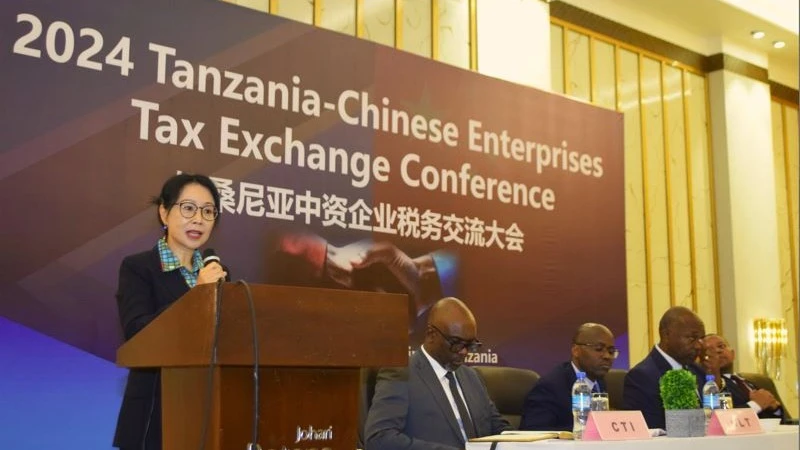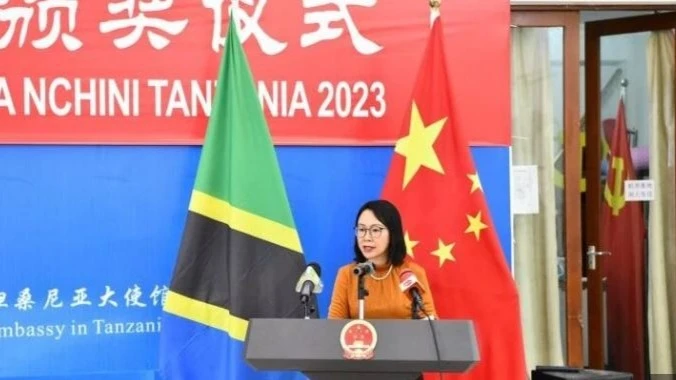Blueprint could just tender education to private sector

STRATEGISTS are understood to be working on a reduced blueprint for the education sector whose formulation is geared at attracting more private-sector investments.
This is going by recent remarks by the Education, Science and Technology minister, as he spoke at a meeting with private sector stakeholders in education.
He was emphatic that it was the government’s intention to mobilise within the private sector to improve education.
The blueprint envisaged is expected to show what needs to be done and at what point, a sort of roadmap to realise that objective, though it is likely to be a challenging task owing to the contending targets.
It is the government’s belief that private investors in the education sector can more satisfactorily address and resolve several ever-existing challenges than could be done through the creation of the Tanzania Education Fund (TEF).
For over a decade now, the government has been asking private sector stakeholders like companies private individuals to exercise a measure of charity and contribute to the fund, pleas that have been heeded to an extent.
However, ordinarily even charities are more forthcoming when they contribute to the uplifting of well-defined groups rather than merely adding to government budgeting as would be in contributing to TEF for ministerial needs.
It was complicated visualising what is likely to be achieved in making thorough consultations with various stakeholders, with a view to ‘harmonising’ taxes, levies and other matters facing private education investments.
It is hard to say what ‘harmony’ means in the first place unless it is to bring education taxation to the same level as health, and they are comparable as people pay for medical care in private hospitals just as they pay fees in private schools.
What education stakeholders want is that schooling be classed as charity, whereas it is the mother organisation that has to be classified as charity first.
The blueprint framework comes in an ongoing reconstruction work for education as a whole, from practical skills orientation to technological transition.
Thus, an unsettled issue of what becomes of liberal academic orientation that bureaucrats now shun as irrelevant could be a moment of rethinking education in general.
The best way to uplift education in the country both in terms of attracting capital and moving to a generalised higher level in content provision is arguably to hand over schools and colleges to the private sector.
The government would thereafter work with the new operators towards realising specific objectives by large subsidies in a clearly accountable manner, like ensuring that all eligible girls attend school.
There was talk on how the government pushed a similar blueprint in the trade, industry and investment sector. It is however clear that the terms here are way different from those applicable to the business sector.
What improving the climate of investments demands is quantifiable and statistically examinable, while those tools can’t be copied in education – this showing the importance of finding equivalent sources of motivation.
While government listens to the business community as it has to be satisfied to invest, school investors don’t have the same clout with the government.
As such, the lobby can’t change things unless the government itself wants things to change, and here it can give schools to the private sector to teach pupils in English and ensure that girls attend school, while also globalising the content and fostering skills. They would accept to take them up, absorb teachers and reorient them with state subsidies.
Top Headlines
© 2024 IPPMEDIA.COM. ALL RIGHTS RESERVED

















